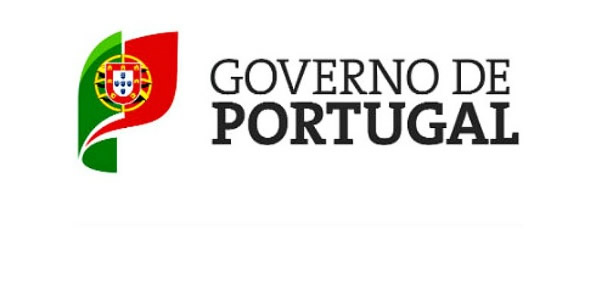Following its heyday as a global maritime power during the 15th and 16th centuries, Portugal lost much of its wealth and status with the destruction of Lisbon in a 1755 earthquake, occupation during the Napoleonic Wars, and the independence of Brazil, its wealthiest colony, in 1822. A 1910 revolution deposed the monarchy; for most of the next six decades, repressive governments ran the country. In 1974, a left-wing military coup installed broad democratic reforms. The following year, Portugal granted independence to all of its African colonies. Portugal is a founding member of NATO and entered the EC (now the EU) in 1986.
Portugal is a semi-presidential republic.
Source: CIA World Factbook
Members:
Resources
Displaying 6 - 7 of 7Law No. 16/2003 modifying the Decree-Law No. 468/71 on the legal regime of the land related to water pertaining to public domain.
This Law modifies the Decree-Law No. 468/71 on the legal regime of the land related to water pertaining to public domain with the aim of introducing specific dispositions related to Autonomous Regions. In particular, it amends articles 3, 4,5,13 and 36 of the aforementioned Decree-Law. The Law is composed of two articles and one Annex. The Annex contains the consolidated version of the Decree-Law No. 468/71 as amended by the Decree-Laws No. 53/74, 89/87 and by the present Law.
Decree-Law 89/87 amending Decree-Law 468/71 on the legal regime of the land related to public domain water.
This Decree-Law, composed of 4 articles, amends parts of the Decree-Law No. 468/71 on the legal regime of land related to public domain water. In particular, it introduces a new version of articles 14 and 15 respectively dealing with areas under flood threat and the regime of adjacent domains; changes the position of Chapter IV (into Chapter V) and the numeration of articles 32, 33 and 34; adds a new Chapter IV on sanctions control.
Amends: Decree-Law 468/71 on the legal regime of the land related to water pertaining to public domain. (1971-11-05)


